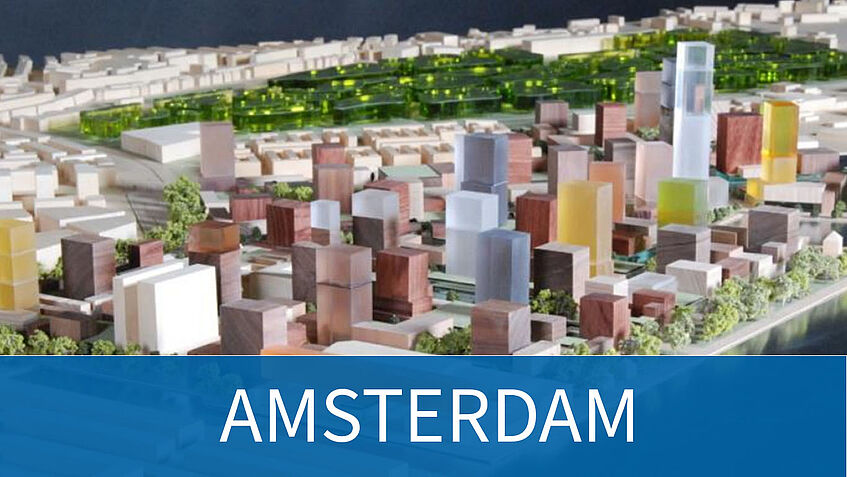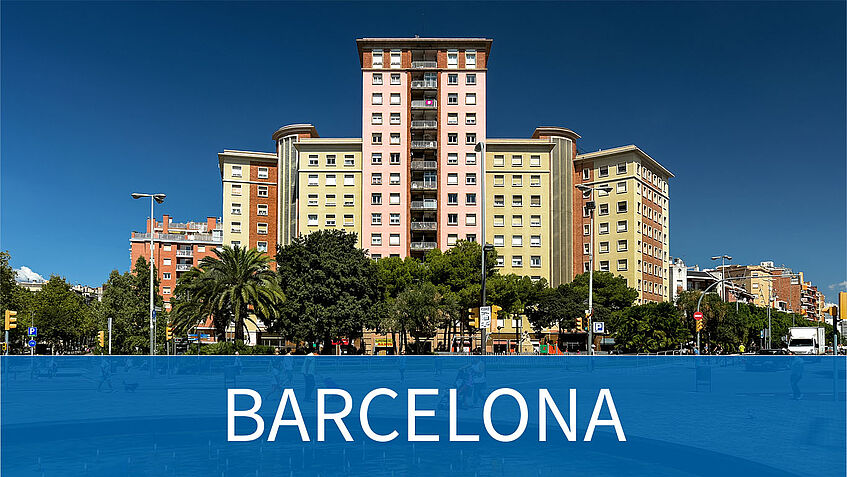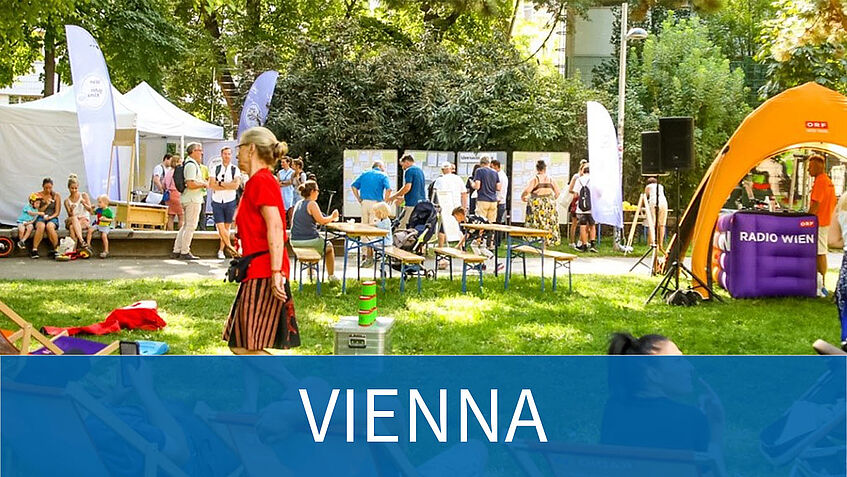Partner Cities
Across the world, cities are recognizing the need to develop more just and inclusive urban politics. In response to this, the municipalist movement works to develop bold and original solutions to address democratic deficits in neighborhoods and communities. By collaborating with civil society organizations through public-communitarian partnership, promoting participatory budgeting, and empowering historically marginalized groups to participate in decision-making, municipalism is seeking to reinvigorate democracy from the bottom-up and to democratize the transition to sustainability. While many cities currently pursue municipalism they do so in markedly different ways, opening the opportunity for learning from different experiences and scaling up locally embedded policy innovations.
Amsterdam, Barcelona and Vienna, the three cities studied by MUNEX, are at the forefront of the current municipalist movement. The contrasts between these three cities make them apt for international comparison:
- Barcelona has strong grassroots mobilization but weak government;
- Vienna has a strong government but weak grassroots mobilization;
- Amsterdam takes an intermediary position.
Our main question is whether and how municipalist experiments in bottom-up capacity building work in these different contexts, and how they can be exchanged transnationally.
Neighborhoods are the sites par excellence of municipalist innovation. This is where communities are to be empowered and where innovations are to be tested. We therefore focus our transnational research on specific neighborhoods: Margareten in Vienna, Noord in Amsterdam, and Sants in Barcelona. These neighborhoods have vibrant innovation ecosystems of activists, social entrepreneurs, and pioneering policymakers, making them strategic sites for municipalist experiments for sustainable and inclusive neighborhoods.



